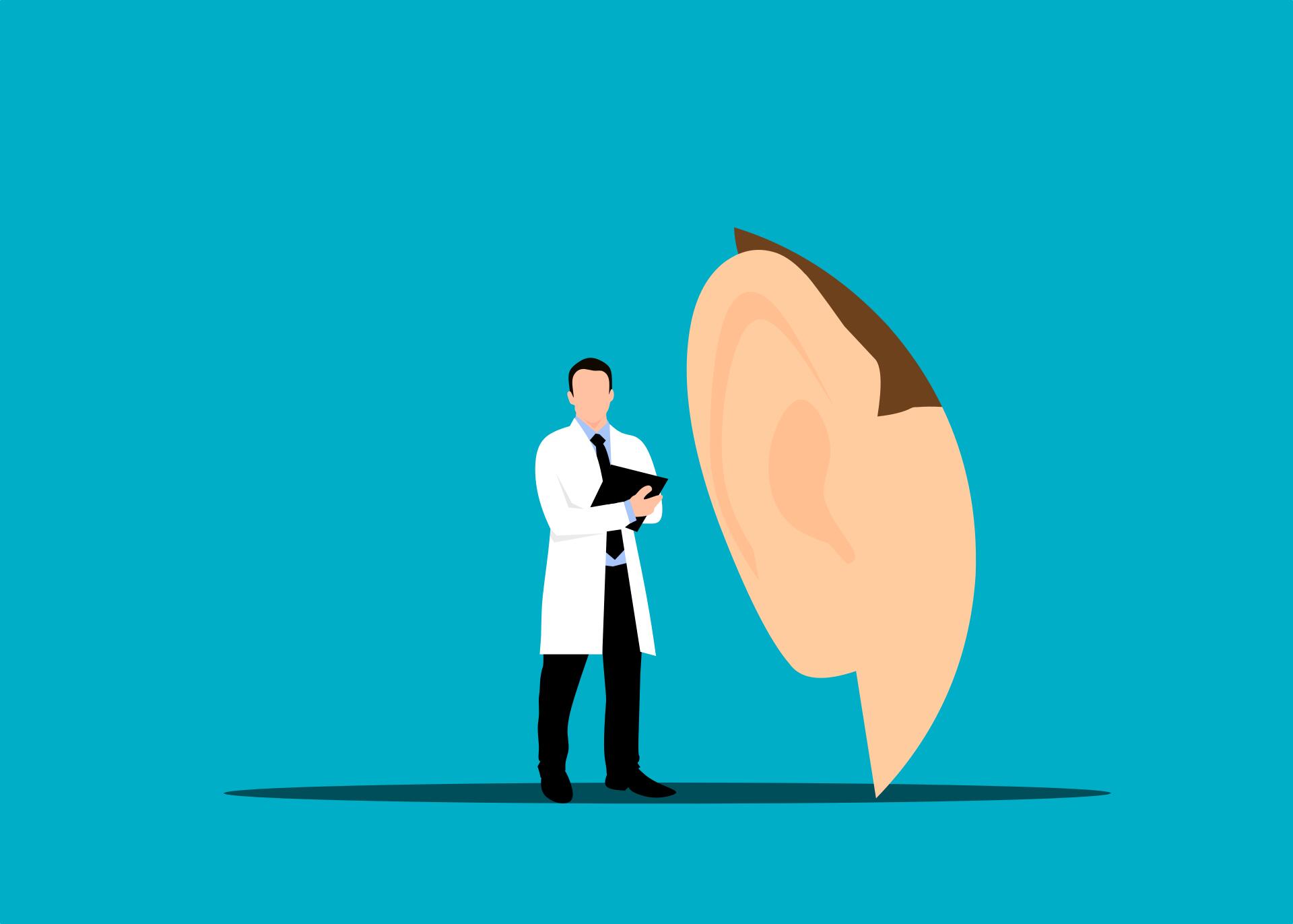
Allergic Reaction Relief: Easing an Itchy Tongue

You might not have known this, but experiencing an itchy tongue can be an uncomfortable and sometimes alarming symptom of an allergic reaction.
While many people are familiar with the itching, sneezing, or watery eyes that accompany allergies, an itchy tongue is less common and often misunderstood. This symptom can result from a range of allergens, including foods, pollen, or other environmental triggers.
Understanding the symptoms of oral allergies and allergy-induced tongue itch is crucial for anyone affected by this unique allergic response.
Understanding the Causes of an Itchy Tongue
An itchy tongue is often a manifestation of an allergic reaction, where the immune system overreacts to a typically harmless substance, such as pollen, food, or medication. Here are some of the most common causes.
Oral Allergy Syndrome (OAS)
This is one of the most frequent causes of an itchy tongue. OAS occurs when proteins in certain raw fruits, vegetables, or nuts resemble pollen proteins, triggering an allergic response in people with pollen allergies.
Food Allergies
True food allergies, which differ from OAS, can also cause an itchy tongue. Common food allergens include:
- Peanuts
- Tree nuts
- Shellfish
- Eggs
- Dairy
Allergies to new items in the world are constantly popping up due to the inundation of the environment with pollutants, toxic chemicals, and more.
Pollen Allergies
Pollen from trees, grasses, and weeds can cause allergic rhinitis (hay fever), which might extend to the oral cavity, causing an itchy tongue or mouth. This typically happens during peak pollen seasons, such as spring or fall.
Contact Dermatitis
Certain substances, like dental materials, cosmetics, or even some medications, can cause contact dermatitis. This leads to an itchy, irritated tongue if they come into direct contact with the mouth.
Identifying Symptoms of an Allergic Reaction
An itchy tongue can occur alongside other symptoms, which vary in severity depending on the individual and the allergen involved. Key symptoms to look out for include.
- Itching or tingling sensation in the mouth, tongue, or throat
- Swelling of the lips, tongue, or throat (angioedema)
- Redness or a rash around the mouth
- Hives (urticaria) on the skin
- Watery eyes or nasal congestion
- Gastrointestinal symptoms such as nausea, vomiting, or diarrhea
- Difficulty breathing or swallowing (in severe cases, indicating potential anaphylactic reaction)
Immediate Relief and Management
If you experience an itchy tongue due to an allergic reaction, you probably want instant relief, because it can be quite uncomfortable. Here are several steps you can take to alleviate discomfort and manage symptoms.
Avoid the Allergen
The most crucial step is to identify and avoid the allergen causing the reaction. If certain foods trigger your symptoms, eliminate them from your diet. For pollen-related OAS, be mindful of cross-reactive foods during peak allergy seasons.
Take Antihistamines
Over-the-counter antihistamines such as cetirizine, loratadine, or diphenhydramine can help reduce itching and swelling by blocking the effects of histamine, a chemical released during an allergic reaction. It’s important to follow the dosing instructions on the package or those provided by your healthcare provider.
Use a Cold Compress
Applying a cold compress to the mouth or sucking on ice chips can provide temporary relief by numbing the area and reducing swelling. This is a simple and effective method for mild to moderate symptoms.
Stay Hydrated
Drinking plenty of water can help flush out allergens from your system and keep your mucous membranes hydrated, reducing dryness and irritation that might worsen itching. There are also natural remedies for allergies that you can consider, like acupuncture and probiotics.
Over-the-Counter Oral Gels
There are topical gels available that can be applied inside the mouth to soothe itching and irritation. These products are typically used for oral sores but can also provide temporary relief for an itchy tongue.
Long-term Management and Prevention
While immediate relief measures are helpful, addressing the root cause of the allergy and implementing long-term management strategies is essential for those who frequently experience an itchy tongue. Here are some strategies to consider.
Allergy Testing
If you are unsure what is causing your allergic reactions, consider getting allergy testing done by a healthcare professional. Skin prick tests, blood tests, or food challenges can help identify specific allergens and guide avoidance strategies.
Immunotherapy
For those with severe or persistent allergies, allergen immunotherapy (also known as allergy shots) may be an option. This treatment involves gradually introducing small amounts of the allergen into the body to desensitize the immune system, reducing the severity of future reactions.
Environmental Controls
For pollen or other environmental allergies, take steps to reduce exposure. This may include keeping windows closed during high pollen seasons, using air purifiers, regularly cleaning your home, and showering after being outdoors to remove pollen from your hair and skin.
Educate Yourself and Others
Understanding your allergies and being aware of cross-reactive foods or hidden allergens is vital. Educate family, friends, and coworkers about your allergies to prevent accidental exposure and ensure a supportive environment.
Emergency Preparedness
For those at risk of severe allergic reactions, carrying an epinephrine auto-injector (like an EpiPen) is essential. Ensure you know how to use it and educate those around you in case of an emergency.
When to Seek Medical Attention
While an itchy tongue from a mild allergic reaction can often be managed at home, it’s important to recognize when professional medical attention is needed. Seek immediate medical care if you experience:
- Severe swelling of the lips, tongue, or throat
- Difficulty breathing or swallowing
- A rapid heartbeat or feeling faint
Symptoms of anaphylaxis can include a combination of symptoms affecting multiple body systems, such as hives, difficulty breathing, stomach pain, and dizziness.
Heal Your Itchy Tongue By Getting Allergy Relief
It’s hard to think of anything else when you have an itchy tongue due to allergies. With the remedies offered above, you can start healing your itchy tongue and allergies simultaneously.
At Kiwi Drug, we have many allergy medications like Allegra and Allermed Relief available at competitive pharmacy prices from trusted sources. Save money on your allergy medication and start getting back to a normal life again.
Citation:
Wong, C. (n.d.). The best ways to manage allergies with natural remedies. Verywell Health. https://www.verywellhealth.com/natural-allergy-remedies-89245
Anaphylaxis: Causes, symptoms & treatment: Acaai Public Website. ACAAI Patient. (2022, April 14). https://acaai.org/allergies/symptoms/anaphylaxis/
Tree Nut. FoodAllergy.org. (n.d.). https://www.foodallergy.org/living-food-allergies/food-allergy-essentials/common-allergens/tree-nut
Related Posts


